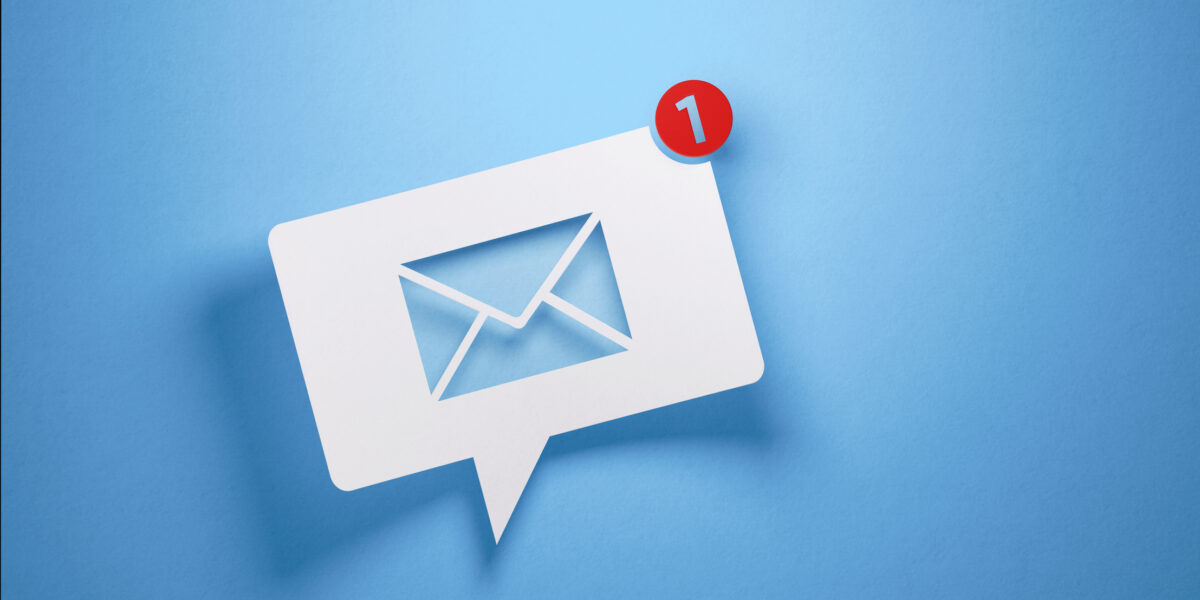Technology has made having access to your personal accounts and information easier than ever before. We receive messages and notifications on our devices regarding transactions, messages, and even when our friends share or comment on our social media accounts.
These messages are very convenient and have allowed us to stay connected at all times, but also make us more vulnerable to cyber attacks such as phishing. If you have never heard of a phishing attack, there are several things you should be aware of in order to help safeguard yourself from a phishing attack.
What is phishing?
Phishing is a common type of scam in order to steal private and personal information or to defraud you in various ways. The most common type of phishing attack is known as deceptive phishing where those committing fraud pose as a company and try to steal a person’s credentials.
These types of scams usually pose as a known financial institution, such as PayPal or a major bank, and they will contact you either by phone, email or text message and ask you to verify your personal information. Once they have this information they can access your accounts and steal your money or identity.
How can you protect yourself from phishing attacks?
- First, never give personal information to anyone unless you are sure it is from a trusted, secure site.
- Many phishing sites will look very legitimate but often have spelling or grammatical errors.
- If you are not sure the site or link is legitimate, you should call or visit the company’s website directly. Most company’s will never have you email sensitive information.



